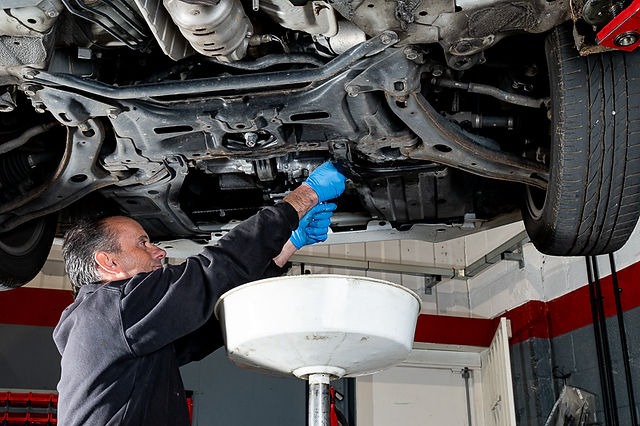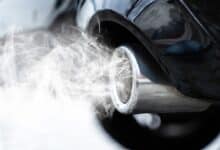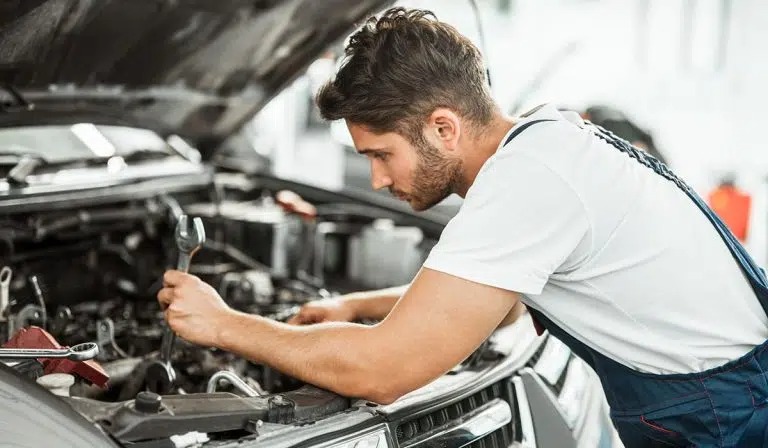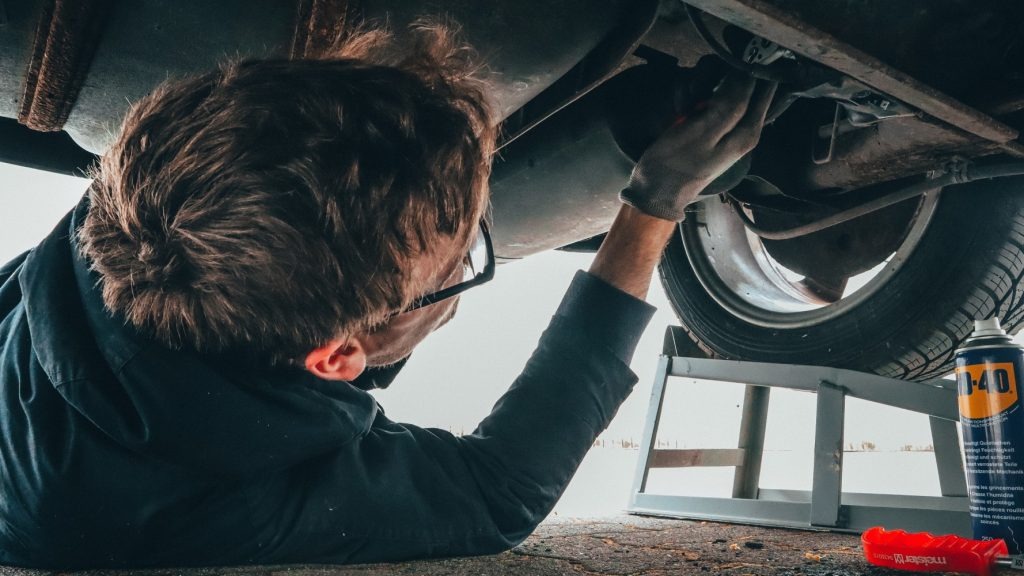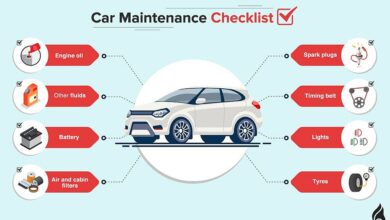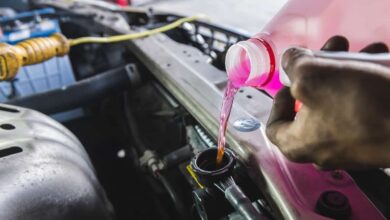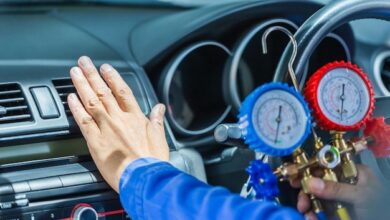How Often Should You Service Your Car?

Owning a vehicle comes with the responsibility of regular maintenance to ensure its longevity, optimal performance, and safety on the road. But how often should you service your car? In this comprehensive guide, we will delve into the various factors that influence the frequency of periodic vehicle maintenance. From manufacturer recommendations to common service intervals, we aim to provide you with all the information you need to keep your car running smoothly and avoid costly repairs down the line.

Contents
Understanding Manufacturer Recommendations:
When it comes to determining how often you should service your car, the manufacturer’s recommendations should be your first point of reference. These recommendations can usually be found in the owner’s manual and are tailored to your specific make and model. While there is no one-size-fits-all answer to this question, manufacturers generally provide suggested service intervals based on time, mileage, or a combination of both.
For instance, your manufacturer might suggest an oil change every 5,000 miles or every six months, whichever comes first. Similarly, they may recommend a comprehensive service every 30,000 miles or every two years. These guidelines are based on extensive testing and engineering expertise, so it is advisable to adhere to them as closely as possible.
Factors Influencing Service Intervals:
While manufacturer recommendations form the foundation of your vehicle’s maintenance schedule, several other factors may influence the frequency of service intervals. Let’s explore some of these factors in detail:
Driving Conditions
The type of driving conditions you regularly encounter can have a significant impact on how often you should service your car. If you frequently drive in stop-and-go traffic or engage in off-road adventures, your vehicle may require more frequent maintenance than someone who primarily drives on open highways. Harsh driving conditions can accelerate wear and tear on various components, necessitating more frequent servicing.
Climate
The climate in which you live plays a vital role in determining your car’s maintenance needs. Extreme temperatures, whether hot or cold, can place additional strain on your vehicle’s systems. For example, in hot climates, the engine may require more frequent cooling system checks and coolant changes. On the other hand, cold weather can affect the performance of the battery and other electrical components. It is essential to consider these climate-related factors when establishing your maintenance schedule.
Age of the Vehicle
As your car ages, its maintenance requirements may change. Older vehicles tend to have more wear and tear, requiring additional attention to ensure their continued reliability. Components such as belts, hoses, and seals may deteriorate over time and need regular inspection and replacement. Additionally, older vehicles may be more prone to rust and corrosion, necessitating preventative measures such as undercoating or rust protection treatments.
Personal Driving Habits
Your personal driving habits also play a role in determining how often you should service your vehicle. If you tend to drive aggressively, frequently accelerate and brake harshly, or frequently tow heavy loads, your car may experience accelerated wear on certain parts. Regular servicing can help identify and address any potential issues before they escalate into major problems.
See more: The Ultimate Guide to Vehicle Engine Maintenance
Common Service Intervals
While manufacturer recommendations are crucial, some common service intervals have become widely accepted in the automotive industry. These intervals serve as a general guide for maintaining your vehicle’s health. Here are some of the most common service intervals:
Oil Changes
Regular oil changes are essential for maintaining engine health and performance. In the past, oil changes were recommended every 3,000 miles. However, advancements in oil technology have allowed for longer intervals between changes. Nowadays, most vehicles can go anywhere from 5,000 to 7,500 miles between oil changes. However, it is important to check your manufacturer’s recommendations for specific guidance.
Tire Rotations
To ensure even wear on your tires and extend their lifespan, regular tire rotations are necessary. Typically, tire rotations are recommended every 5,000 to 7,500 miles or at every other oil change. Rotating your tires helps maintain proper alignment and balance while maximizing traction and fuel efficiency.
Brake Inspections
The braking system is vital for your safety on the road, making regular brake inspections crucial. While the frequency may vary depending on driving conditions and personal habits, brake inspections are generally recommended every 12,000 to 15,000 miles. This interval allows for early detection of any brake pad wear or other issues that may compromise braking performance.
Air Filter Replacement
A clean air filter is essential for maintaining good engine performance and fuel efficiency. Depending on your driving conditions and environment, air filter replacement is typically recommended every 15,000 to 30,000 miles. However, it is advisable to inspect the filter regularly and replace it as needed.
Fluid Checks and Replacements
Various fluids in your vehicle require periodic checks and replacements to ensure optimal performance and longevity of components. These include coolant/antifreeze, transmission fluid, power steering fluid, and brake fluid. While the specific intervals may vary depending on the vehicle and usage patterns, it is generally recommended to check these fluids every 30,000 miles or every two years.
Signs That Your Car Needs Immediate Attention
While following suggested service intervals is crucial for preventative maintenance, there are certain signs that indicate your car needs immediate attention regardless of the elapsed time or mileage since the last service. Ignoring these signs could lead to further damage or safety hazards. Here are some warning signs that should prompt immediate action:
- Dashboard warning lights illuminated
- Unusual noises or vibrations
- Fluid leaks under the vehicle
- Excessive smoke or emissions
- Problems with starting or rough idling
- Decreased fuel efficiency
- Braking issues (spongy brakes or squealing sounds)
- Steering problems (difficulty turning or misalignment)
If you notice any of these signs or other abnormalities with your vehicle’s performance, it is advisable to consult a qualified mechanic for a thorough inspection and necessary repairs.
Importance of Regular Maintenance:
Regular maintenance goes beyond simply adhering to service intervals – it plays a pivotal role in ensuring the overall health and longevity of your vehicle. Here are some key reasons why regular maintenance is essential:
Safety
Routine maintenance helps identify potential safety hazards before they become critical issues. Regularly inspecting brakes, tires, steering components, and lights ensures that your vehicle is safe for both you and other road users.
Reliability
By addressing minor issues early on through regular inspections and servicing, you can avoid unexpected breakdowns and costly repairs down the line. A well-maintained vehicle is more likely to perform reliably and consistently throughout its lifespan.
Resale Value
If you plan to sell or trade-in your vehicle in the future, a well-documented maintenance history can significantly enhance its resale value. Prospective buyers tend to favor cars that have been well-cared for and regularly serviced.
Fuel Efficiency
Regular maintenance helps optimize fuel efficiency by ensuring that all systems are functioning correctly. Components such as air filters and spark plugs play a crucial role in fuel combustion efficiency.
Longevity
Properly maintaining your vehicle can extend its lifespan significantly. By addressing issues promptly and keeping all systems in optimal condition, you can enjoy many more years of trouble-free driving.
A Guide to Determining How Often You Should Service Your Car
Maintaining your vehicle at regular intervals is vital for preserving its performance, safety, and longevity. While manufacturer recommendations provide a solid foundation for creating a maintenance schedule, factors such as driving conditions, climate, age of the vehicle, and personal driving habits should also be taken into account. By following common service intervals and addressing any warning signs promptly, you can ensure that your car remains in top shape while avoiding costly repairs in the future. Remember, regular maintenance is an investment that pays off in terms of safety, reliability, and overall satisfaction with your vehicle ownership experience.
See more news at: car care vip


